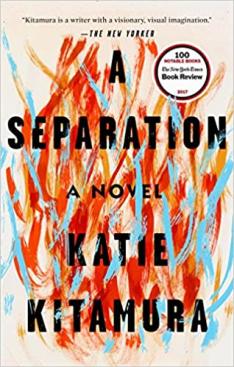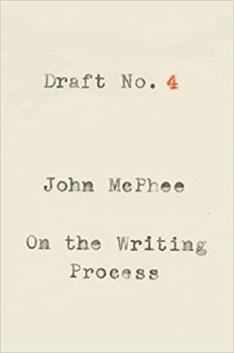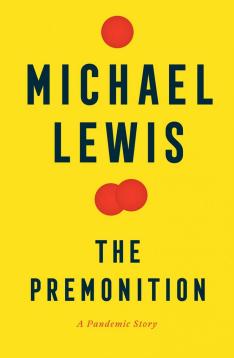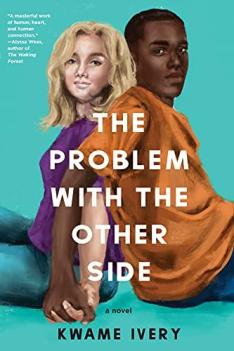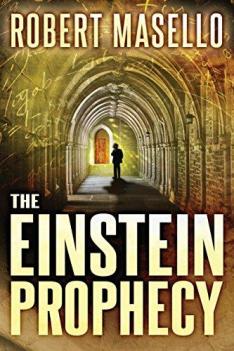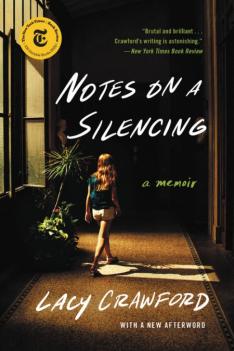Princeton alumni love to write books. Each year, scores of alumni send their work out into the world — novels, poetry, science, research, history, and more — and, kindly, to PAW’s office.
Over the years PAW writers and editors have read many of them, and here at the holidays we’d like to give our readers some recommendations. Below is a list of mostly recent staff favorites. We hope you enjoy them as much as we have.
From Marilyn Marks *86, editor
A Separation
By Katie Kitamura ’99
I love mysteries, and I love stories about relationships. Katie Kitamura ’99’s A Separation is both. Her novel deals with marriage, infidelity, secrets, and endings — and what we tell others and ourselves. A couple has decided to separate, but that decision remains a secret. Then the husband goes missing in Greece, and the wife travels to find him, staying in the same hotel where he had stayed and meeting others who had encountered him. Kitamura’s story moves along quickly, with precision — I sensed that there was not a single unnecessary word in the book. At times I couldn’t help but jump ahead to see what happened next before returning to read more slowly and carefully. For me, that’s the mark of a wonderful book.
From Brett Tomlinson, managing editor
Draft No. 4
By John McPhee ’53
In the surprisingly rich category of “short books about the writing process,” McPhee’s 2017 volume stands out both for its readability and re-readability. Yes, you can get through all 192 pages in a day or two, but don’t be surprised if you find yourself pulling it off the shelf to revisit, say, the section about working with New Yorker editor William Shawn (who would frequently ask his nonfiction writers, “How can you possibly know that?”) or McPhee’s list of favorite demonyms (“Mancunian,” for a resident of Manchester; “Vallisoletano,” a citizen of Valladolid, etc.). I dream of one day writing a PAW profile of a Trifluvian (a resident of Trois-Rivières, Quebec, of course).
From Mark F. Bernstein ’83, senior writer:
The Premonition
By Michael Lewis ’82
The Premonition has all the hallmarks of a good Michael Lewis story: fast pace, wry humor, and quirky characters who can see things that others can’t. But Lewis also manages to upend much of the conventional wisdom about the federal government and its public health operations. Former president George W. Bush, for example, comes across as an intellectually curious, hands-on manager (he insisted that the government prepare its first modern pandemic response plan in 2005 after reading a book about the 1918 Spanish Influenza outbreak) and the CDC comes across as an overly cautious and academic bureaucracy that might better be named the Center for Disease Observation and Reporting. As in many of Lewis’s other books, the establishment thinks it knows more than the upstarts — and pays a heavy price for its hubris.
From Carlett Spike, associate editor
The Problem with the Other Side
By Kwame Ivery ’93
This was a really enjoyable read that tackles challenging topics through the eyes of young adults. Uly and Sallie’s blossoming high school relationship as an international couple is the hook to this page-turning drama that unravels around their older sisters who are running for school president. Plus, the ending is unexpected.
From Elisabeth Daugherty, digital editor:
The Einstein Prophesy
By Robert Masello ’74
The strange happenings you imagined in Princeton’s dark, Gothic archways become all too real in Masello’s novel set during World War II. An ancient Egyptian horror released by the Nazis finds its way into Albert Einstein’s backyard. It’s Indiana Jones meets The Mummy meets the Tigers — and why not? Alumni will get a kick of racing through their beloved campus to save Einstein from a grisly, supernatural fate. (Bonus: Hear from Masello on this PAWcast.)
From Katherine Hobson ’94, associate editor (interim)
Notes on a Silencing
By Lacy Crawford ’96
As a student at the prestigious St. Paul’s School, Crawford was sexually assaulted by schoolmates; the school, instead of punishing the perpetrators and giving her all necessary support, covered it up. The bare facts alone are blood-boiling, and the way Crawford maintains narrative tension and utilizes gorgeous language to describe both ordinary and horrific moments make this a literary nonfiction must-read. (Read the essay Crawford wrote for PAW here.)

